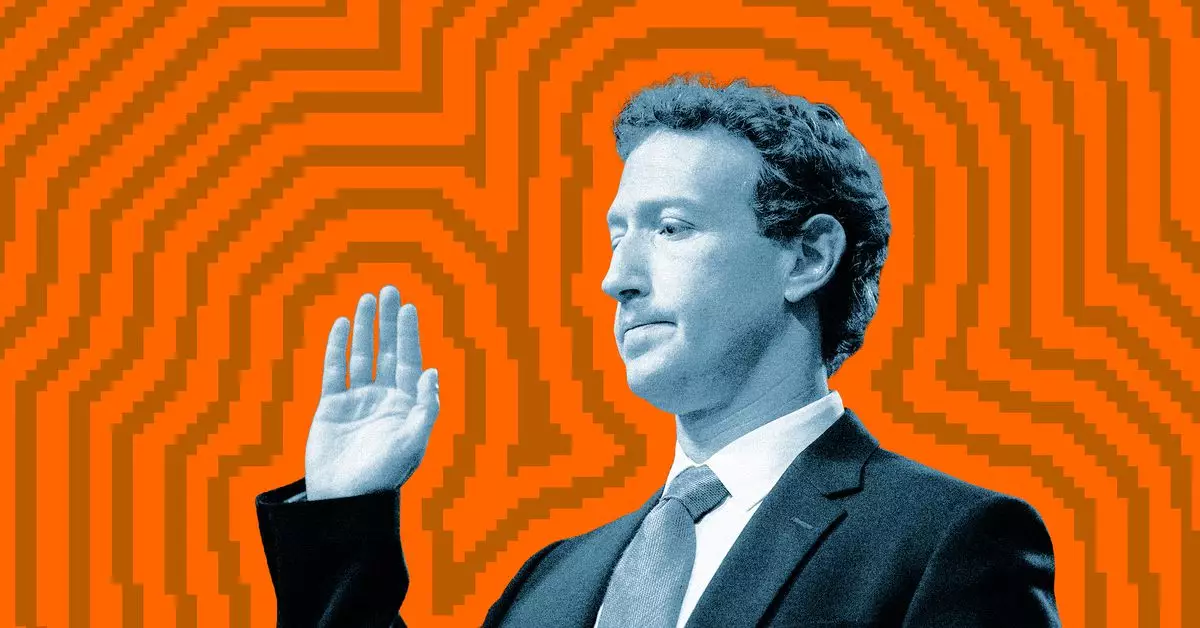In a meeting that stirred significant public interest and speculation, Mark Zuckerberg, the CEO of Meta Platforms, found himself sitting across the table from President-elect Donald Trump at Mar-a-Lago. This encounter unfolds at a crucial juncture for both the tech landscape and American political discourse. Zuckerberg’s presence, as a leading figure in the technology sector, signals not only an interface of influential individuals but also the merging of avenues where innovation and politics collide.
Zuckerberg’s engagement with Trump brings forward the complex relationship between technology companies and political entities. With Trump having previously exerted extensive pressures on social media platforms regarding content moderation and electoral influence, Zuckerberg’s actions might indicate an effort to realign or renegotiate their roles. In a statement released through Meta spokesperson Andy Stone, it was emphasized that “It’s an important time for the future of American Innovation.” Such declarations hint at an underlying agenda to shape the dialogue surrounding technology’s role in political processes, especially given the scrutiny Meta has faced over its policies.
Public Perception and Controversy
This interaction did not come without its share of controversies. Critics have argued that Zuckerberg should face repercussions for Facebook’s part in the 2020 presidential election, which many blamed for the spread of misinformation and divisive content. Notably, Zuckerberg has been associated with substantial financial contributions to initiatives supporting mail-in ballots, further inflaming partisan tensions. The discussion of jail time for Zuckerberg by some commentators showcases the stark response from segments of the public eager for accountability in the tech space.
High-profile meetings like the one between Zuckerberg and Trump can engender a wide spectrum of reactions: from approval to outrage. These encounters often propagate narratives about the growing symbiosis between political power and technological influence. However, they can also complicate perceptions of neutrality within the tech industry, leading to calls for greater transparency and ethical considerations in how these platforms operate during electoral cycles.
As we peer into the future, it will be essential to scrutinize the implications of such interactions. Will Zuckerberg and other tech leaders seek a more cooperative relationship with political figures, or will they remain wary of the backlash? The outcome of these relationships could significantly shape the regulatory landscape that governs social media and technology firms in shaping public opinion.
Zuckerberg’s dinner with Trump serves as a reminder of the intricate dance between tech and politics. It underscores the need for ongoing dialogue and ethical vigilance as we navigate the challenges and opportunities posed by digital platforms in our democratic processes. The implications of these conversations extend far beyond the dinner table, marking a pivotal chapter in the evolving narrative of innovation and governance.

